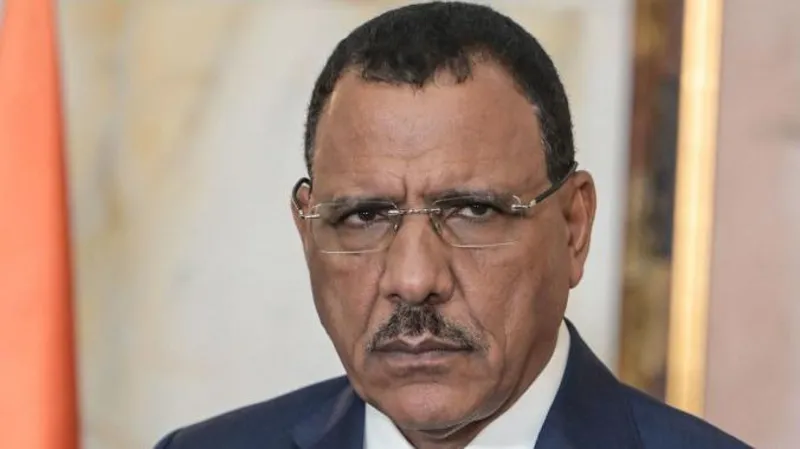ARTICLE AD
Security Analyst Col. Festus Aboagye (Retd) has stressed that while technology can be useful, it cannot address the deep-rooted problems of dishonesty and corruption within institutions.
Speaking on the JoyNews AM show, Mr. Aboagye explained that although technological advancements can improve efficiency, the real issue lies with human involvement and behaviour within these systems.
He made these remarks in light of the ongoing controversy surrounding the missing containers of the Electricity Company of Ghana (ECG) from the Tema Port.
Mr. Aboagye pointed out that the problem is not the technology itself, but the actions of individuals within the system.
"Technology alone cannot address these issues. Behind every technological system, there are human beings who operate and manipulate it," he said. He explained that the root of the problem lies with those who control and exploit the system for personal gain.
He also highlighted that no amount of technology could resolve institutional corruption if those in positions of power are determined to engage in criminal behaviour.
"If individuals within institutions like ECG, governance, the courts, or other sectors are entrusted with authority and choose to engage in criminal activities, no technology can stop them," Mr. Aboagye argued.
Despite the introduction of digital transformation initiatives in sectors like the ports, Mr. Aboagye believes technology remains vulnerable to manipulation.
He emphasised that digital systems alone cannot tackle the root cause of corruption, which stems from human exploitation of these systems.
Reflecting on the government's previous push to implement technology at the ports, Mr. Aboagye noted that while technological advancements were touted as solutions, they did not address the fundamental issues.
"We’ve heard a lot about the digital transformation of port services, especially under the previous Vice President ( Bawumiah ). It was claimed that technology would shorten procedures and reduce human interaction, but these claims don’t address the root of the problem," he explained.
He also raised doubts about the accuracy of government reports, such as the claim that 3,000 systems had been installed at the port.
"The government once reported that 3,000 systems were installed at the port, but the real number was probably far lower," Mr. Aboagye pointed out.
Mr. Aboagye further stressed that the core issue of corruption is not embedded in the technology itself but in how individuals manipulate these systems for personal gain.
"Corruption is not something that is embedded in technology; it is humans who manipulate the system for their own benefit," he said.
He also referenced a list of 13 entities granted by the Ministry of Energy, illustrating that corruption continues to persist despite efforts to implement technological solutions.
Mr. Aboagye reiterated that while technology can help improve processes, it cannot eliminate dishonesty and corruption within institutions.
"At the end of the day, corruption is a human problem, not a technological one," he said. He called for a more comprehensive approach that holds individuals accountable for their actions, rather than relying solely on technology to resolve systemic issues.

DISCLAIMER: The Views, Comments, Opinions, Contributions and Statements made by Readers and Contributors on this platform do not necessarily represent the views or policy of Multimedia Group Limited.

 
 
 
 
 
 
 
 
 

 1 day ago
2
1 day ago
2 

